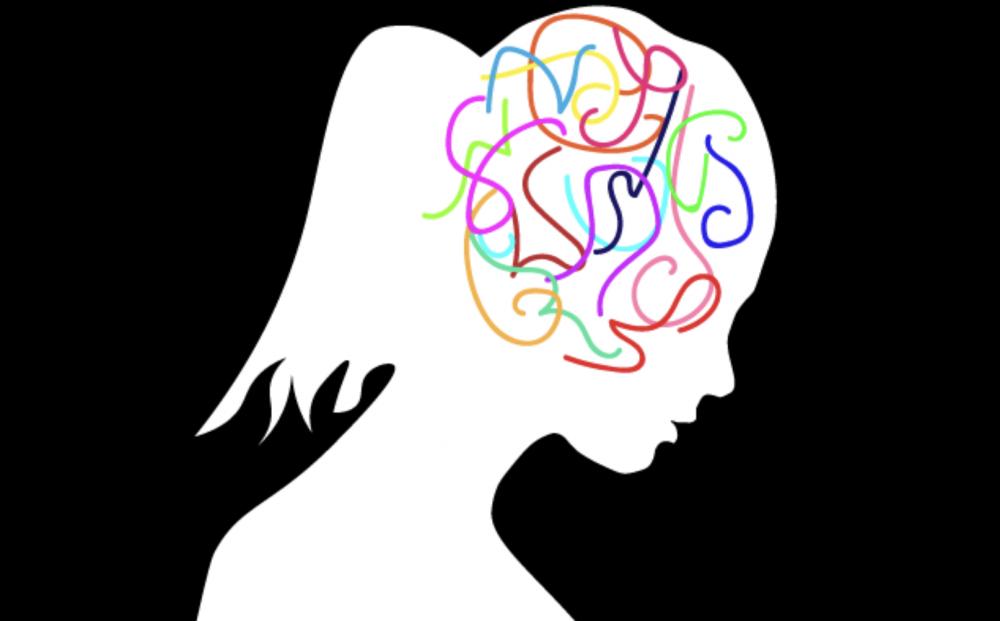The New York Times recently reported that researchers were able to create some form of brain function in slaughtered pigs whose brain cells had been deprived of oxygen and nutrients for 4 hours. What type of brain activity, they don’t know. What are the implications for human brains? We don’t know.
But it highlights how little we know about the brain. Only in the past 40 years, with new scanning tools and new understanding of neurotransmitters that are critical for synaptic connection have we been able to gain some insight into our brains.
As we learn more about the brain, it has also changed our view of mental illness and disabilities. Which is good. When I was in graduate school in the late 70s, I chose not to become a clinical psychologist because at the time, Freudian psychotherapy was significantly flawed as a treatment model (especially for women and children) and an equally deficient operant conditioning model was gaining traction. I saw both as seriously inadequate and, in the case of psychotherapy, dangerous.
By the early 70s psychotherapists had taken Freudian analysis to ridiculous applications with significant repercussions for women. Mothers were blamed for most psychological and many physical ailments. Mothers were blamed for homosexuality, autism, schizophrenia and, wait for it, even autoimmune diseases such as asthma.
I developed asthma before I was six months old, yet the belief was that my mother’s maternal care was to blame and NOT my exposure to secondhand smoke from my smoking father. (Not to blame him either, no one considered the impact of secondhand smoke at the time.) Women who went through treatment sessions to help their mentally ill children tell horror stories of how they were blamed for their children’s conditions and desperately tried to change their mothering style, yet these “diseases” remained, and they were blamed.
The operant conditioning model promoted by Skinner and James was no better. Especially in the case of neurotransmitter and brain malformation conditions where behavior modification has limited impact.
Fortunately, cognitive behaviorism and positive psychology have emerged and offer an effective and pragmatic tool for treating some conditions.
More importantly, brain research has revealed that many people with mental illness (such as depression) have depressed levels of key neurotransmitters such as serotonin, norepinephrine and dopamine. Psychiatry provides expertise in medications that can aid in restoring the brain to normal levels. There are new treatments like TMS that utilize technology to restore brain function.
But there is still a lot we don’t know about the brain. Mental illness impacts all of us. Almost half in the US will experience mental illness, usually depression, at some point in their lives. 46% of the homeless have some form of mental illness. Mentally ill individuals have been responsible for mass shootings. Seventy percent of youths in detention are mentally ill.
Mental illness has been with us as long as we have recorded history. Arguably the smartest man in history, Sir Isaac Newton, is believed to have suffered from Asperger’s syndrome and bipolar mental illnesses. Many famous artists and musicians, such as Handel, were believed to be bipolar; and Freud, himself, who created the culture of blaming women suffered from depression and drug addiction. Lincoln suffered from clinical depression; Charles Darwin was an agoraphobic and perhaps, Asperger’s syndrome; Van Gogh and Zelda Fitzgerald likely suffered from schizophrenia.
Many great historical figures have been successful despite or because of their mental illness. Handel wrote the Messiah during a two-week manic episode.
The impact of mental illness on its sufferers, caregivers and society is enormous.
There is good news. Our approach to mental illness has improved. We recognize that these are diseases and not deficiencies of character. We have learned not to blame the victim. We have made a lot of progress in the treatment and understanding of mental illness, and yet we have such a long, long way to go.
Angela Rieck, a Caroline County native, received her PhD in Mathematical Psychology from the University of Maryland and worked as a scientist at Bell Labs, and other high-tech companies in New Jersey before retiring as a corporate executive. Angela and her dogs divide their time between St Michaels and Key West Florida. Her daughter lives and works in New York City.



Write a Letter to the Editor on this Article
We encourage readers to offer their point of view on this article by submitting the following form. Editing is sometimes necessary and is done at the discretion of the editorial staff.